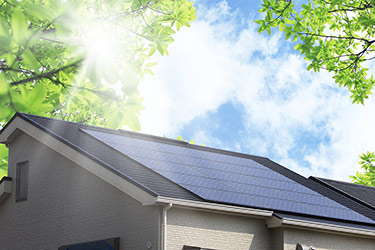Mountain Iron Electricity Rates
Commercial Electricity in Mountain Iron
^ The average commercial electricity rate in Mountain Iron, MN is 11.86¢/kWh.[1]
Residential Electricity in Mountain Iron
^ The average residential electricity rate in Mountain Iron, MN is 9.48¢/kWh.[1]
Industrial Electricity in Mountain Iron
^ The average industrial electricity rate in Mountain Iron, MN is 20.48¢/kWh.[1]





 Enter Your Rate
Enter Your Rate